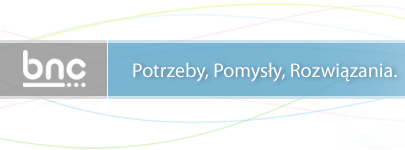ERP (Enterprise Resource Planning) ERP is an integrated information system intended for support in managing the company. Its modular structure allows for attachment (if it occurs necessary) of following applications, which enables building a system which perfectly matches the Customer's requirements. And it is its universality which is one of the major advantages of ERP systems, which allows for applying the system in companies of various sizes and of different business profiles. Coordination of information transfer and storing it in one, central data basis allows for efficient management of even large companies, without the need for constant changing location to control. ERP allows for planning the company's activity on various stages - from a strategic to operational one. ERP makes assessment of different variants of the company's activity, which makes it easier for the manager to undertake an optional decision in particular conditions. It provides appropriately processed information. ERP systems can also be used for: - processing information for planning production, accountancy etc;
- support procedures connected with customer orders and managing warehouse (logistics);
- configuration of production processes, including production planning, drawing schedules, making simulations of the production process, optimization of use of working time of machines and equipment;
- support in realization of purchase process;
- monitoring the course of realization of these processes;
- reporting;
- support in the activity of the financial unit, including managing fixed assets, credit control etc;
|























